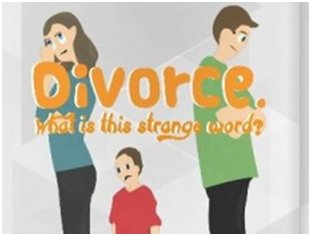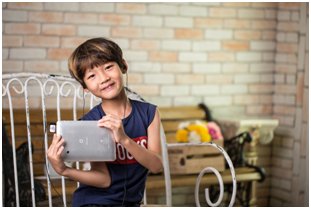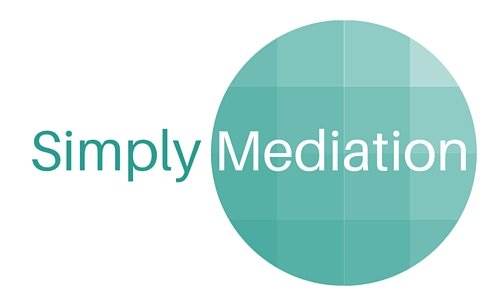


John Bell of the Iona Community spoke recently on BBC4’s Thought for the Day about the importance of families having meals together, talking about their day and listening to each other. This sounds like a simple prescription, yet as John Bell said, many young people feel that nobody is really interested in what they think or how they feel. Listening to other people takes time. Time is often short and going online tends to have more appeal. John Bell describes giving time to others as ‘a gift of love.’ Adults can learn a great deal from talking with children and encouraging them to ask questions. Young children have tremendous powers of perception and understanding and can offer insights and suggestions, if they have the language skills to express them and confidence that they will be listened to, rather than being ignored or laughed at.
John Bell pointed out that when young people are accustomed to talking easily with their parents and other adults, their social skills improve and they are less likely to become withdrawn, take to drugs, engage in anti-social behaviour or develop a mental disorder. Children who experience their parents arguing, separating and sometimes continuing to fight throughout their childhood have a very hard time. These parents may be too upset and/or too angry with each other to sit down for relaxed conversations with their children, with the result that adolescents who are often reticent at the best of times retreat into a world of their own. There is no point telling anyone how you feel if no one is interested. The students who filmed the videos for Family Mediation Awareness Week on behalf of Voices in the Middle www.voicesinthemiddle.org use anger and sarcasm to get their message across. What they actually mean is that we do need to consult them, listen and take their views and ideas on board. If adults did this more, we would learn so much, avoid many mistakes and young people would feel respected and happier. Adopted children may have particular difficulties if they feel caught between their adoptive parents and their birth parents. These children may have suffered multiple disruptions and some have special behavioural needs. They may not be the best judges of their own best interests, but when adult carers disagree, how often are children given opportunities to talk with caring adults who have no emotional stake in the outcome?
In December I had a follow-up ‘review meeting’ with divorced parents and their two children, aged 10 and 12. At the previous mediation meeting with them some months earlier (which was itself preceded by separate and joint meetings with the parents), I had met first of all with the parents and children together for introductions, then with the children jointly and individually, and finally, with the children’s full agreement, a short final discussion with the parents and children together. The family decided on some trial arrangements for the following three months, with a date to return and consider how these arrangements had worked out from each child and each parent’s point of view. They wanted their second meeting to be structured in the same way as the first. On the second occasion, there was a noticeable increase in the ease and confidence with which the young people – not ‘children’ any more – took part in the discussions, made proposals and even teased their parents gently. They agreed some minor changes regarding their arrangements for Christmas and decided that, well in advance of next Christmas, they would get together as a family to work out Christmas 2018 in the same co-operative fashion. If only all separated parents would work together with their children like this! I believe many more could do so, if parents would come to mediation during the painful and stressful period of separating and if children and young people discover – from posters at school, social media and websites like Voices in the Middle – that their voices do matter and that – with short-term support from mediators where needed – family conversations can be facilitated and become the normal way to work things out, as we go though life.
Developing a habit of having conversations, sharing jokes and even arguing together would be more effective than medication, psychotherapy or palliative care in strengthening mental health and avoiding depression or other disorders. Theresa May recently announced that her government is going to ‘do something’ about mental health. For a start, the Ministry of Justice needs to provide additional legal aid for child-inclusive mediation, as recommended in the Voice of the Child Group’s Final Report, published almost two years ago in February 2015. Little has been done since then, although the cost of additional legal aid for child-inclusive mediation would be minimal. Mediation is not always suitable or even necessary. Many separated parents take care to work out arrangements for and with their children. On the other hand, 76% of children whose parents fight over them in court are under 10 years old and regarded as too young to ‘have a say’. Child-inclusive mediation needs to be affordable for all parents and better known and understood, to help separated families communicate more easily and thus enhance the mental health of children and young people.
I hope 2017 will be a year in which delightful everyday conversations with children as young as 2 and 3 years old are the norm, so that those who were once 3 years old can go on enjoying conversations when we are 93!
Lisa Parkinson

Recent Comments